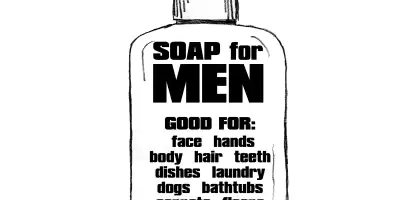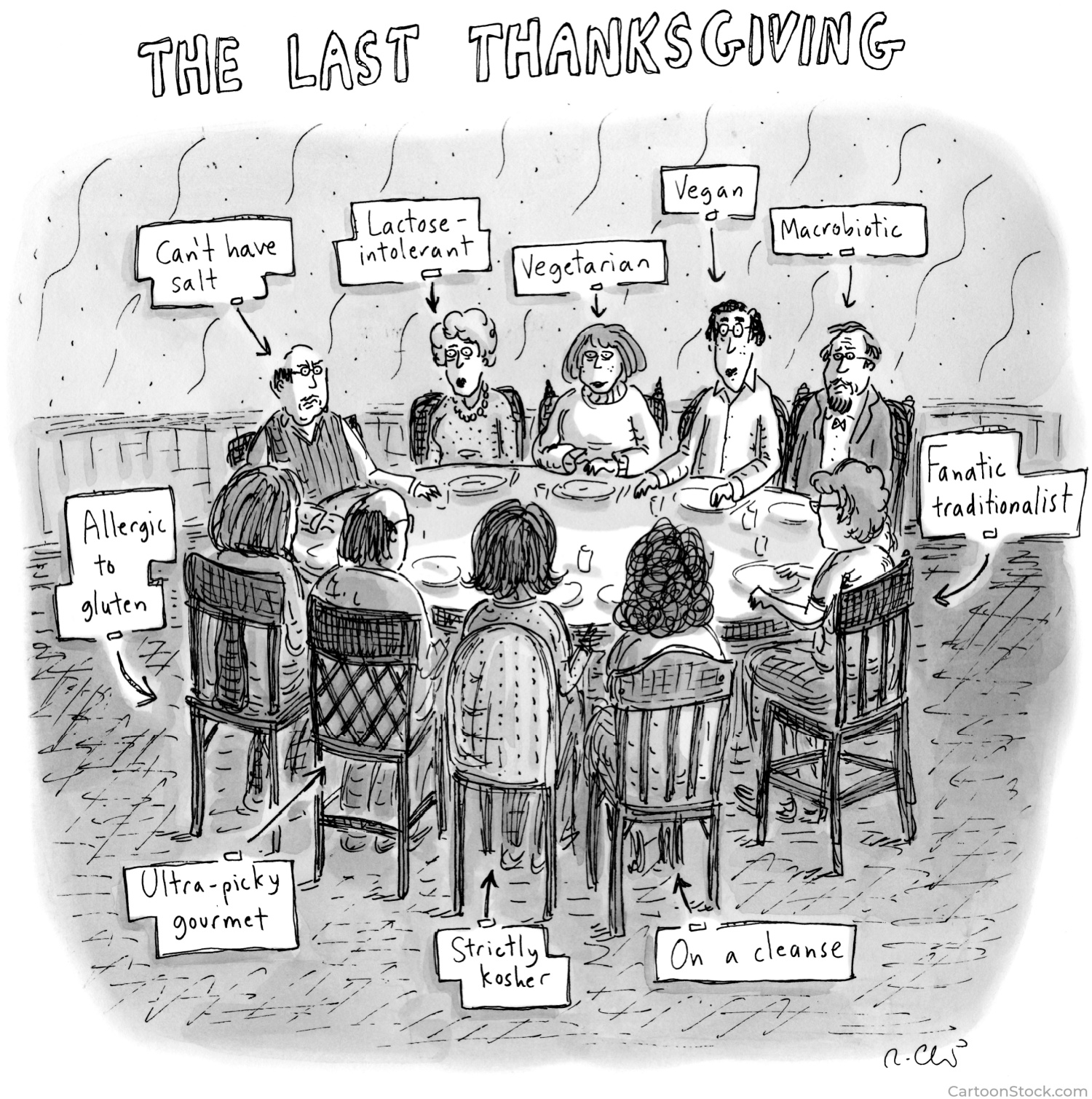A new, heartbreaking story about the abuse of a child by a former member of The Church of Jesus Christ of Latter-day Saints broke earlier this morning.
While the new story shouldn’t come as much surprise to anyone—there are, after all, nearly 18 million Latter-day Saints, and many such cases are part of the public record—its authors clearly hope the anecdote shared will influence public policy and perception.
As evidenced by the swift excommunication of the perpetrator in this case, similar to the excommunication of the perpetrator in the Bisbee case, it is clear that the Church of Jesus Christ does not condone abuse.
So the question becomes how can society at large, and Latter-day Saints in particular, help reduce this kind of abuse.
In addition to lingering on the heart-wrenching details of this new case of abuse, the article fixates on the fact that church leaders were aware of the abuse but did not report it to the police. And it further reports many of the details of mandatory reporting laws for clergy.
While the article is a news piece and not an editorial, it is clear the authors want their readers to believe that the solution to preventing cases like this is increasing mandatory reporting laws.
There is just one problem. Mandatory reporting laws don’t work.
Mandatory reporting laws don’t work
It’s actually fairly uncontroversial among researchers that mandatory reporting laws don’t work. Mical Raz, a physician and public health and policy professor, explained, “We should be extremely cautious that our outrage is not translated into advocacy for policies that not only don’t adequately protect children but may ultimately be harmful.” She goes on to write, “This is the case, I argue, for calls to expand mandated reporting.”
In one study, researchers looked at both reports and confirmed reports of abuse in states with mandated reporting laws and without. While states with mandatory reporting laws had many more reports of abuse, there was no increase in confirmed reports of abuse.
In other words, no more abuse was actually caught, but there were lots more false reports that wasted the time of state social workers who could have been instead spending their time helping those children who were actually in danger. Another similar study found that while mandatory reporting laws increased reports, less abuse was actually caught.
These resource-wasting reports came much less often from professionals like doctors, therapists, and lawyers.
As one researcher wrote, “The goal of mandatory reporting is to identify children at risk and intervene to prevent further harm. It is not to create more reports.”
A 1998 report commissioned by several agencies in the field of pediatric medicine and behavioral health wrote that at that time, there was no evidence for the success or lack of success of mandatory reporting requirements, in part because of the difficulty in constructing a controlled experiment. COVID-19 may have answered that need with a natural experiment. With children not exposed to mandated reporters as frequently, would hospitalizations or deaths from abuse increase? When children returned to schools, would there be a large backlog of cases, reflecting months of unreported abuse?
One researcher pursued this question in New York City. The data showed that there was no increase in the harm to children. In fact, abuse dropped. And while the author acknowledges this data could be the result of fewer reports, child deaths—a type of abuse nearly impossible to avoid scrutiny of even during a pandemic—also went down 25% in line with other types of abuse. And when schools restarted, there was no increase in reporting rates or substantiation rates—what you would expect if actual abuse had increased or remained steady in the interim.
Pennsylvania serves as another useful case study. After the sexual assault scandal at Penn State, a sweeping new mandatory reporting law was passed in the state in 2014. But since that time, the number of children who have died from abuse has increased every year. ProPublica summarized researchers’ conclusions: “The surge of unfounded reports has overburdened the system, making it harder to identify and protect children who are truly in danger.” Today almost one hundred more Pennsylvania children are killed or nearly killed by abuse each year than before the mandatory reporting laws went into place.
And while Pennsylvania dealt with a 42% increase in reports of childhood sexual assault than before the new laws, there was no increase in the number of substantiated allegations. None.
But what of those abused children who are identified by mandatory reports? Does the intervention make their situations better? Another study asked this question.
Of abuse survivors, only 18% said reporting made things better, while 62% said it made things worse. That includes 3% who said it made things much better and 50% who said it made things much worse.
So even when mandatory reporting laws work exactly the way they are supposed to, the abused child is 3.5X more likely to say it made things worse than it made things better.
The book Abusive Policies: How the American Child Welfare System Lost Its Way summarizes the state of research on mandatory reporting policies saying evidence has never shown that mandatory reporting laws prevent child abuse or improve outcomes for children.
But while it doesn’t help save children from abuse, it often makes things worse by preventing parents from seeking out the help they need. 1 in 3 people reported that they didn’t seek help because they were worried about a mandatory reporter, which says nothing of the many who wouldn’t report such a thing on a survey. These laws even discourage mothers from seeking medical treatment for their children, worried about the effect of an inaccurate report from a mandated report. And, while most reports are not able to be substantiated, the process can often negatively impact the family life and employment of those involved—especially poor families. Many researchers suggest black and Latino families are those most harmed by mandatory reporting laws.
Why Don’t Mandatory Reporting Laws Work?
Mandatory reporting laws don’t work because they push the families most in need of help into hiding. A 2019 study found that more than half of people changed what they shared with mandated reporters when they learned about the mandatory reporting requirements.
In an environment where mandatory reporting laws are universal, abusers simply don’t seek help from therapists, doctors, and spiritual advisors at the same rates they would otherwise. And with the influx of new reports, actual social workers’ time is spent having to dismiss reports rather than helping the children in the worst situations.
As seen in Pennsylvania and New York, this comes at the expense of children’s lives.
Jeremy Bentham, the father of modern utilitarianism, made an argument for clergy-penitent privilege—the right of clergy not to be a mandated reporter, basically—based solely on its benefit to society. He wrote, “The advantage gained by the coercion [of clergy-penitent testimony], gained in the shape of assistance to justice, would be casual and even rare.” Modern data collection has shown evidence of this intuition. On the other hand, he goes on to explain, “Repentance, and consequent abstinence from further misdeeds of the like nature; … are the well-known consequences of [clergy-penitent communication.]”
Getting spiritual help produces fewer “further misdeeds.” Rules that would discourage offenders from confessing to clergy cut off the social value of the self-improvement their confessions aided.
It may seem counterintuitive that having more people required to report abuse actually increases the number of children killed by abuse, and yet that’s what the data shows. That these rules push abusers underground where they can’t be reported, or get help, is the most likely explanation for why.
Why Doesn’t The Church Mandate Abuse Reporting?
Why doesn’t the Church of Jesus Christ mandate that bishops report any child abuse they learn of? Well, first and primarily, as we’ve learned, that policy harms children.
But there’s also a complicated set of laws around reporting abuse. In cases such as these, two different kinds of laws come into place: mandatory reporting laws and clergy-penitent privilege laws.
Mandatory reporting laws often leave exceptions for clergy, saying that they are not required to report abuse. This is true in Idaho, where this most recent case took place.
Some church critics inaccurately claimed after the abuse in Arizona that this means that while clergy aren’t required to report abuse, they can legally report abuse if they choose to, and argued that for moral reasons, the Church of Jesus Christ should choose to always report abuse.
While this is accurate if you look only at the mandatory reporting laws, these claims ignore laws around clergy-penitent privilege. In layman’s terms, privilege means that when you tell something in confidence to certain trusted professionals like doctors, therapists, or clergy, they are not allowed to share that information with the police or talk about it in court unless you give them permission.
In most states, including Idaho, clergy can’t decide to tell police what someone told them in a confession without that person’s permission. The person who confessed to them has the right to have that conversation be private—regardless of whether the clergy wants to keep it private after the fact.
States created these laws for the utilitarian reasons Bentham identifies. Because the trust surrounding a confession produces good results for society, states want to ensure those confessions are private.
So while some may argue that such laws should be changed—though the research suggests that would be a mistake—bishops would be breaking the law, for now, if they shared privileged information they received during a confession, as this article implies they should have.
So What Does Reduce Abuse?
If mandatory reporting doesn’t reduce abuse, increases the worst kinds of abuse, and is often illegal for clergy, what can be done to reduce abuse?
We are far from helpless. Studies have shown that when professionals such as doctors, therapists, and lawyers can make a judgment about when to report, it can have a positive effect on reducing abuse.
Other studies have suggested that increased funds directed to families of children can help reduce abuse.
Jenn Roach is a survivor of ecclesiastical abuse in an evangelical church. She later became a therapist and has become an outspoken advocate for sexual abuse victims. She suggests six ways that churches can reduce abuse:
1. Talk about the importance of reducing abuse
2. Organize congregations geographically
3. Announce to congregations who will be working with children and youth
4. Assign leaders to children and youth rather than relying on volunteers
5. Emphasize the importance of living in a home with both parents
6.Have female leaders responsible for girls and young women
The Church of Jesus Christ excels in many of these criteria. The Church’s abuse hotline allows volunteer local leaders to contact lawyers and therapists who can help them decide when to report. Church welfare services help provide financial security. The Church’s structure and calling system accomplish many of the items on Roach’s list.
As a result, in the only study comparing abuse rates in The Church of Jesus Christ of Latter-day Saints to those in other faiths, the Church’s abuse rates are 75% lower. While church abuse rates, in general, are much lower than rates in schools.
While there are certainly cases where abuse continues to occur among Latter-day Saints, the policies of the organization should act as a case study on how to lower abuse rates, contrary to the implications of this most recent article.
Why Focus on the Church?
If The Church of Jesus Christ excels on matters of abuse, it’s natural to wonder why there has been so much reporting painting a different picture.
All of the recent reporting about isolated incidents of abuse among members of the Church has originated from one journalist, Michael Rezendes. I don’t want to cast aspersions on his motivations. He is a respected journalist who has previously uncovered systemic abuse in other churches. But his reporting on abuse in the Church of Jesus Christ, which has now spanned well over a year, has not revealed a systemic problem but rather has been focused on individual tragic cases. In fact, The Church of Jesus Christ was recently cleared of wrongdoing in the case Rezendes brought to national attention in Arizona. And it is likely, based on Idaho law, that the bishops were prevented from breaking privilege in the case highlighted in this recent article as well.
While it is certainly tempting to say we could prevent those at the abuse hotline from ever making the wrong decision about whether or not to report by simply mandating the call be made every time, the evidence is more than ample that this makes the problem worse, not better.
But Rezendes’ work is not without consequence. In May, I wrote:
A stark discrepancy exists in how media treats controversies within various religious groups. Consider the sexual abuse scandals within the Southern Baptist Convention—systemic issues that receive comparable media attention to isolated incidents involving Latter-day Saints outside leadership.
And despite the fact that the Southern Baptist Convention just endured a sexual abuse scandal where it was discovered that clergy of the church were moved and protected after accusations of abuse, a recent YouGov survey showed that Americans consider The Church of Jesus Christ its equal when it comes to handling abuse—despite there being no allegations of any similar or pervasive wrong doing.
The bad reporting I identified in May, has led to bad perceptions in December.
And while there’s no way I can identify the motivations of a single journalist, I’ve previously suggested that the news media’s desire to find hypocrisy, scandal, and culture war may lead to targeting the Church and its “squeaky clean” persona.
So while it would be inappropriate to accuse Rezendes of being an opportunist, the bottom line is his desired solution isn’t effective in reducing abuse, and the Church’s solution is. Continuing to shine a spotlight on the places where the Church’s systems have failed can certainly provide some value as we work to find every way we can improve, but ultimately may lead people away from the effective solutions the Church is utilizing and toward methods that don’t work.
I understand that it is hard to accept a system in which the best outcome is one that still involves morally unacceptable outcomes such as child sexual abuse. And it can be tempting to conclude that we have a moral obligation to change any system that produces anything more than zero incidents of abuse. But we can’t let our moral outrage create policy that will ultimately hurt, and even kill, more children.
So while this most recent story should lead us to reflect on how we can continue to improve, the answer is not to throw out a system that is one of the most effective at reducing abuse.

















